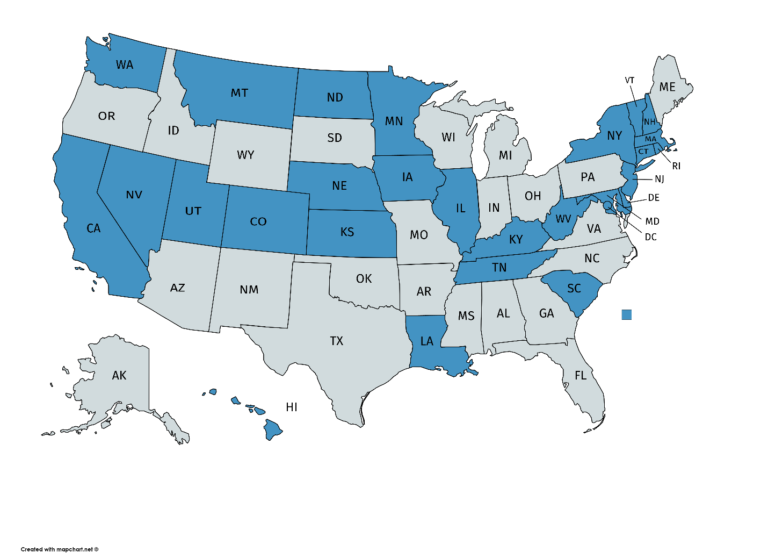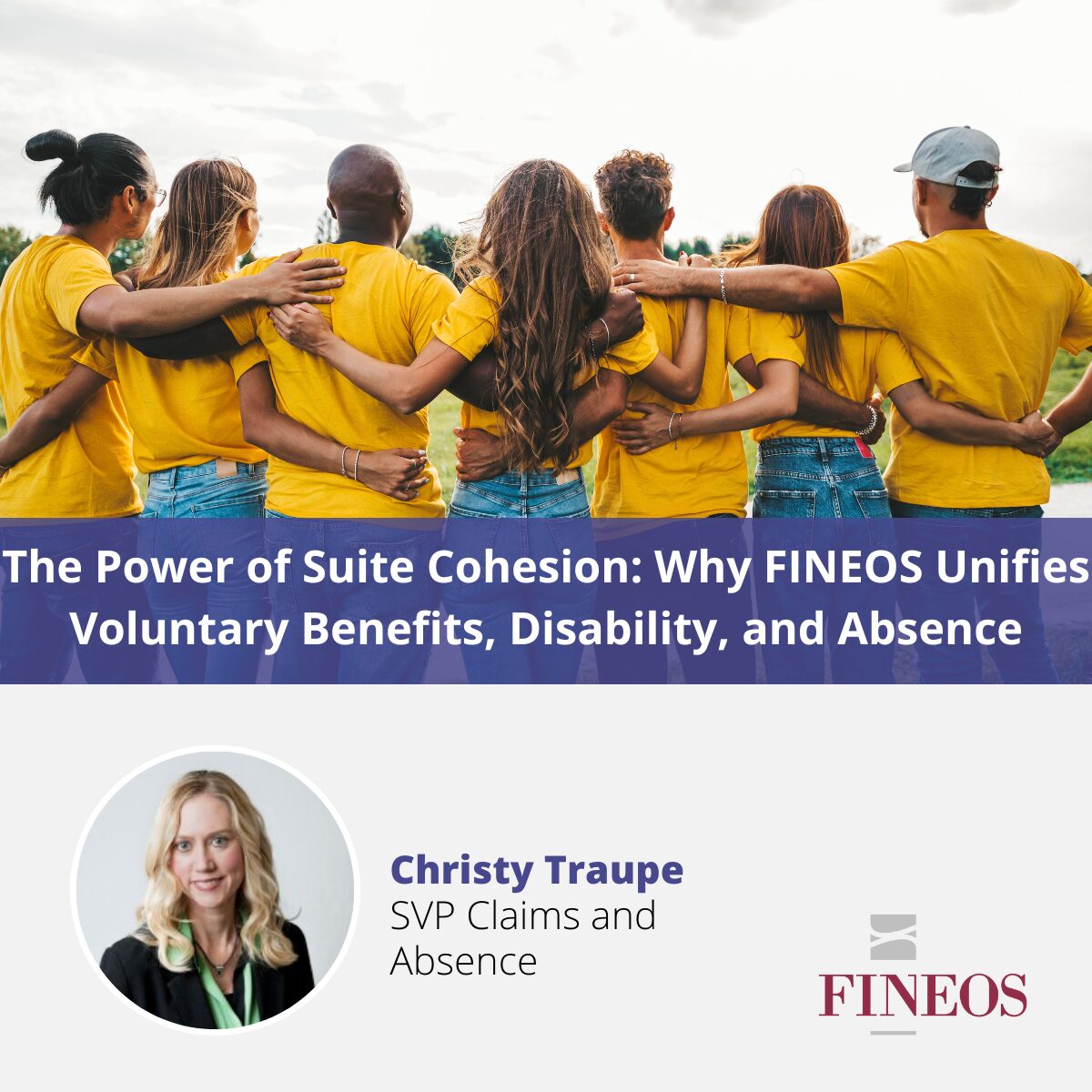On April 9, Kentucky’s Governor, Matt Bevin signed Senate Bill 18, the Kentucky Pregnant Workers Act, requiring employers to provide reasonable accommodations for employees with limitations related to pregnancy, childbirth, or a related medical condition, including but not limited to the need to express breast milk or take a leave of absence. The law goes into effect on June 27, 2019.
The new legislation applies to employers with 15 employees or more within Kentucky. The new law defines a reasonable accommodation to include:
- more frequent or longer breaks,
- leave to recover from childbirth;
- acquisition or modification of equipment;
- appropriate seating;
- temporary transfer to a less strenuous or less hazardous position;
- job restructuring;
- light duty;
- modified work schedule; and
- private space that is not a bathroom for expressing breast milk.
There is an undue hardship exception, so an employer is not required to make an accommodation that requires significant difficultly or expense, considering, among other factors, the nature and cost of the accommodation, the duration of the requested accommodation, and whether similar accommodations are required by policy to be made, have been made, or are being made for other employees due to any reason.
The law requires that an employer provide written notice of the right to be free from discrimination related to pregnancy, childbirth, and related medical conditions, including the right to reasonable accommodations:
- to new employees at the commencement of employment;
- to existing employees not later than thirty (30) days after the effective date of the new law; and
- via a written notice at the employer’s place of business in an area accessible to employees.
Kentucky joins a growing list of states that mandate that an employer provide reasonable accommodations – which may include unpaid leave – for an employee affected by pregnancy, childbirth, or a related medical condition. While the Americans with Disabilities Act already requires employers to reasonably accommodate individuals with disabilities – including pregnancy-related disabilities – this law and others like it require an accommodation for “limitations” related to pregnancy, a substantially lower threshold of impairment than a disability.
For a map of states with pregnancy disability and accommodation laws, see below.

FINEOS Absence can help with the administration of leave of absence. For example, FINEOS Absence provides seamless, straight through processing for pregnancy and child bonding claims, administering both paid benefits and concurrent unpaid leave entitlement all in the same claim. I recently gave a Webinar entitled “5 Strategies to Support Return To Work and Manage Accommodations”. You can view a recording of this Webinar here.
If you have any questions, please do not hesitate to contact Marketing@FINEOS.com.


